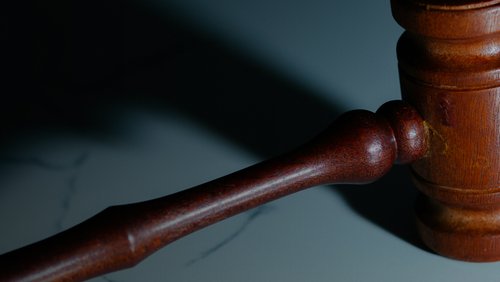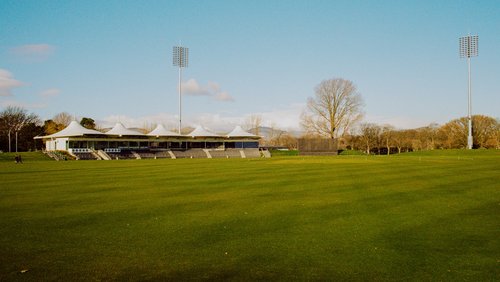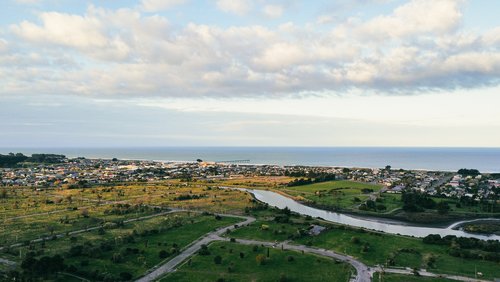29 Nov 2018
Some members have asked us to provide more information about this issue and its history.
In 2012, we received two complaints against Alan Reay from MBIE’s Chief Engineer and a group of victims’ families. We began investigating these complaints.
When the CTV building was designed and constructed, Dr Reay was a member. He was not a Chartered Professional Engineer. This meant we had to consider the complaints under the rules and regulations that applied to members at the time.
Dr Reay resigned from IPENZ in February 2014, before the complaints process was complete. We received legal advice that, because of his resignation, we no longer had jurisdiction over Dr Reay. So the complaints process was stopped.
In March 2015, the Government sought a judicial review of our decision to stop the complaints process. One of the key issues for the Court is how “member” is defined in our rules, and whether the rules in relation to discipline include former members as well as current members.
In making this assessment, the Court will look at the law around interpreting contracts.
We will welcome the court’s decision and follow any directions it makes.
Background to David Harding decision
We received two complaints against David Harding, from MBIE’s Chief Engineer and a group of victims’ families.
Our Disciplinary Committee found that Mr Harding had breached our Code of Ethics:
- By signing and submitting design documentation for the CTV building to the Christchurch City Council, Mr Harding effectively misrepresented his competence.
- As a professional engineer, he should have taken steps to make sure his design was properly reviewed.
In the meantime, he had resigned.
Because he was no longer a member, the Disciplinary Committee had no power to make any orders against him, but the decision was published on our website.
Changes we’ve made to our complaints process
We are very aware of the families’ ongoing grief. Our work has been in the shadow of that.
We have changed the rules so that members cannot resign to avoid our complaints process.
This change is part of a suite of changes we have made to the complaints process to ensure it is robust, transparent and fair.
These include:
- Placing greater emphasis on complaints assessment, triage and alternative dispute resolution. This means includes seeking first to resolve complaints at an appropriate and proportional level before deciding whether to escalate them into a formal complaint.
- Working with both complainants and engineers early on in the complaints process to clarify expectations and define the parameters of the complaint. Also making sure that all parties have the opportunity to engage in the process and put relevant information forward before any key decisions are made.
- Providing greater support to our complaints and disciplinary committees to ensure their decisions are robust, analytically sound, and consistent.




